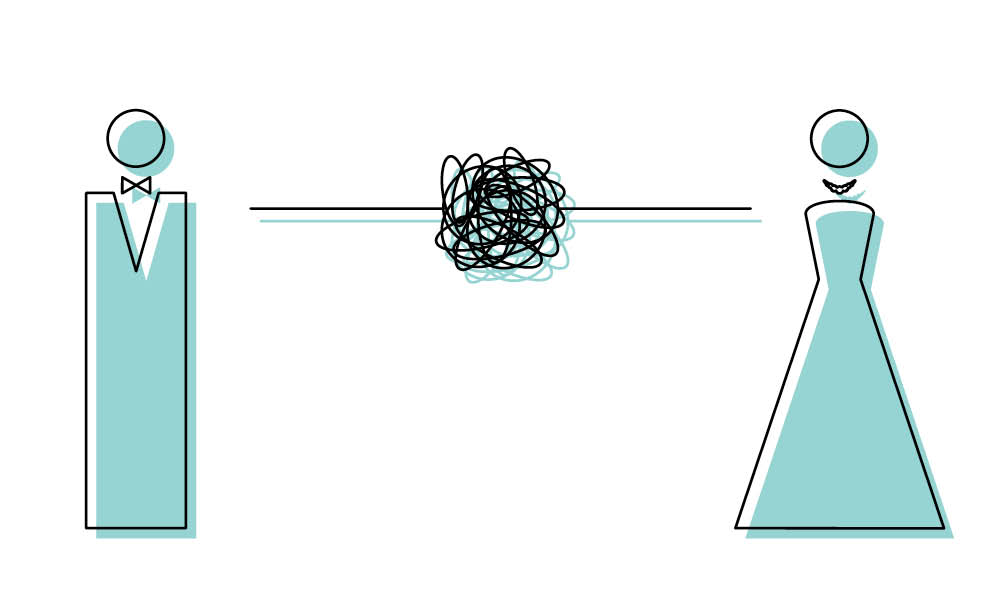Have you ever gotten angry at...yourself? Have you ever blamed and then beaten up yourself on the inside for doing something you later regret? Perhaps you were harsh with someone only to be worse with yourself later?
It's easy to be harsh on yourself; we do it far more often than we know. And especially, with the ongoing pandemic, the added responsibilities and pressure only adds to it. Since many of us are juggling work-from-home and domestic duties, it is easy to overestimate how much you can accomplish in a day. And when that doesn’t happen, you feel guilty or ashamed for having failed to meet your goals.
What if, there was a better way? Self-compassion is demonstrated when we forgive ourselves, accept our apparent imperfections, and treat ourselves with kindness. It's often much more difficult than it appears, but with the correct tools, we may learn to make it a lasting habit. Here’s how to go about it:

1. Transform Your Thoughts
Unfortunately, lifting your spirits might be difficult (especially when you're feeling particularly down or ashamed), but if you want to develop compassion for yourself, you must transform your perspective.
Self-compassion begins with a shift in mindset. You have to see how your behaviour was the cause of concern, and not who you are as a person. You’ll be kinder to yourself and open your mind to the potential of change once you start naming your behaviour rather than yourself as a whole.

2. Positive Self-Talk
Speaking and thinking positively about oneself goes hand in hand with the first step. Your words have a lot of power, and if you tell yourself you're unworthy, a mess, or unforgivable all the time, you'll start to believe it.

3. Forgiveness
Self-compassion requires forgiveness. We all make errors, but we don't always forgive ourselves. This can be a difficult chore depending on the error, but keep in mind that you can't go back (no matter how hard you want to), therefore the best thing to do is forgive and move forward.
Instead of shrugging it off or rationalising your behaviour, try to apologise to others and yourself whenever you think you’ve done something unacceptable. Again, concentrate on the notion that you aren’t bad; it was your actions that were.

4. Indulge In Activities That You Enjoy
Enjoying pleasurable activities can be perceived as something you don't deserve if you're battling with shame. However, each of us deserves to partake in cheerful, uplifting, and stimulating activities.
Allowing yourself to experience actual happiness by taking time out of your busy schedule to do something you enjoy is a kind gesture. It can be something as simple as listening to music, or reading a few pages from your favourite book—it’s perfectly alright to take a break.

5. Keep Assumptions And Judgements At Bay
Though assumptions and judgments are frequently founded on prior experience or information, it is extremely difficult to foretell what will occur in life. You don't allow yourself to take a different path when you evaluate yourself or make assumptions about what you'll do in the future. Be open to all options rather than limiting yourself.

6. Find A Point Of Agreement With Others
While self-compassion is about how you treat yourself, making connections with others is one of the best ways to grow it. You'll quickly realise that you're not alone if you open yourself up to revealing who you are with others.
Recognising that we all struggle to treat ourselves with kindness can help make the problem more tolerable.

7. Take Good Care Of Yourself, Both Mentally And Physically
Taking care of your mind and body is one of the most caring things you can do for yourself. Spend as much time as possible learning new things and making excellent choices for your mind and body (healthy food, good conversations, wisdom, etc). Self-compassion requires you to be aware of what you consume and how you use your energy.